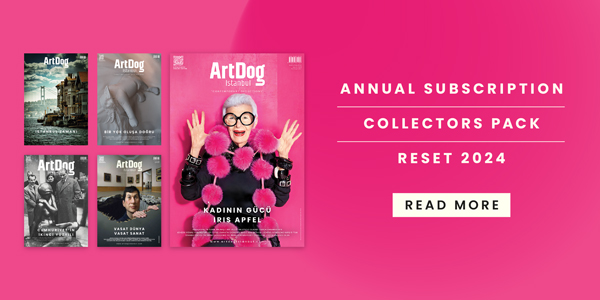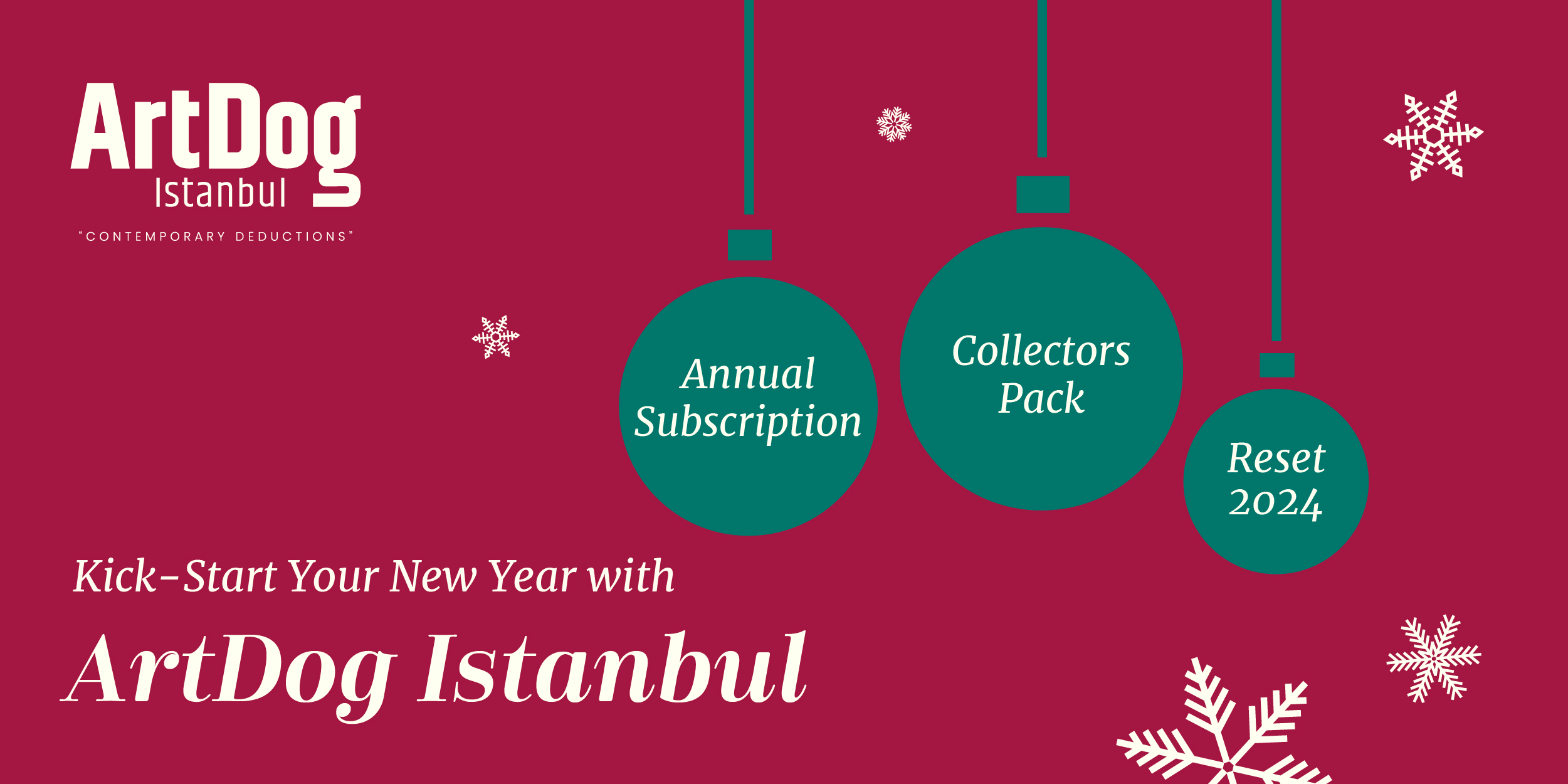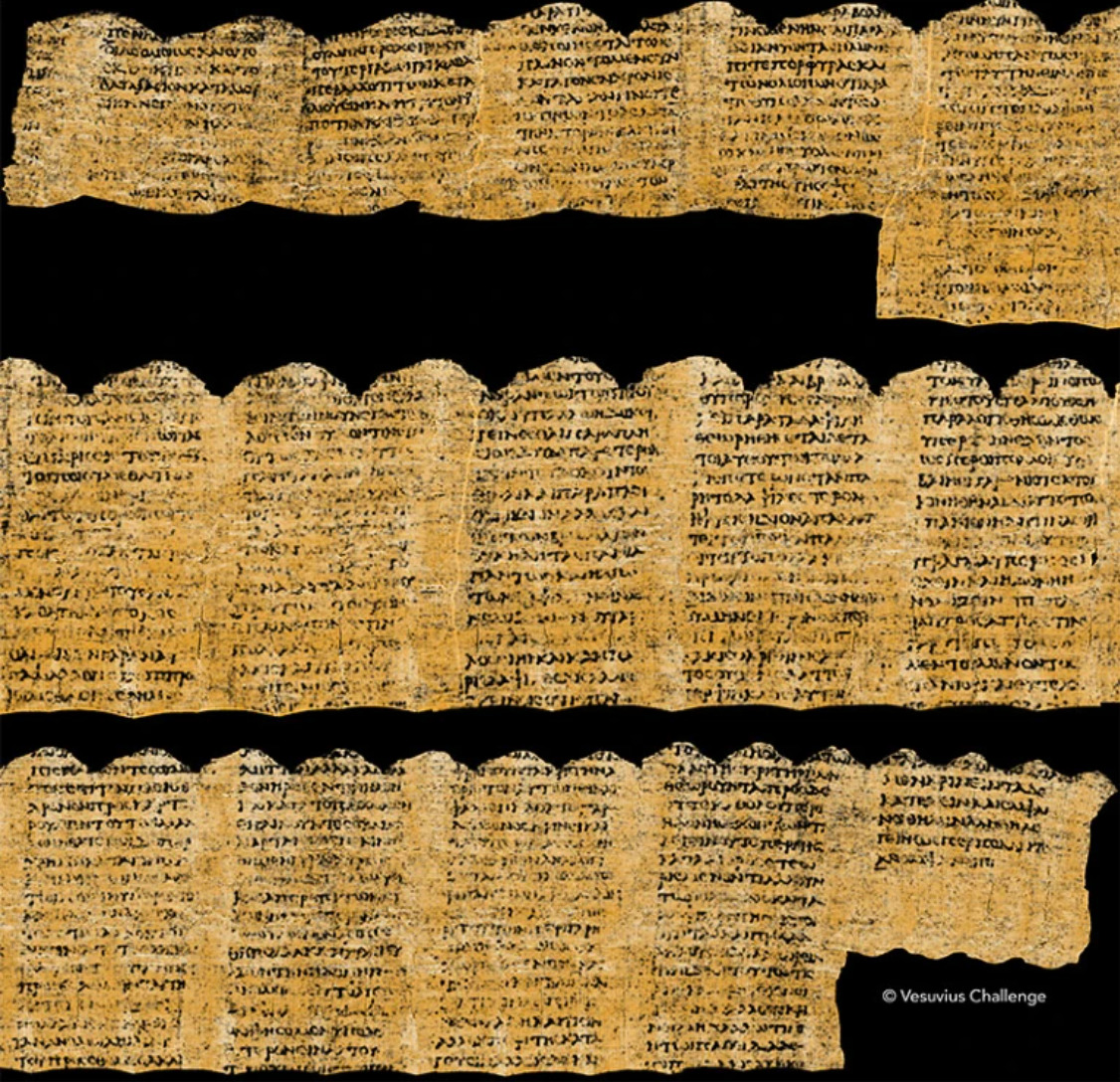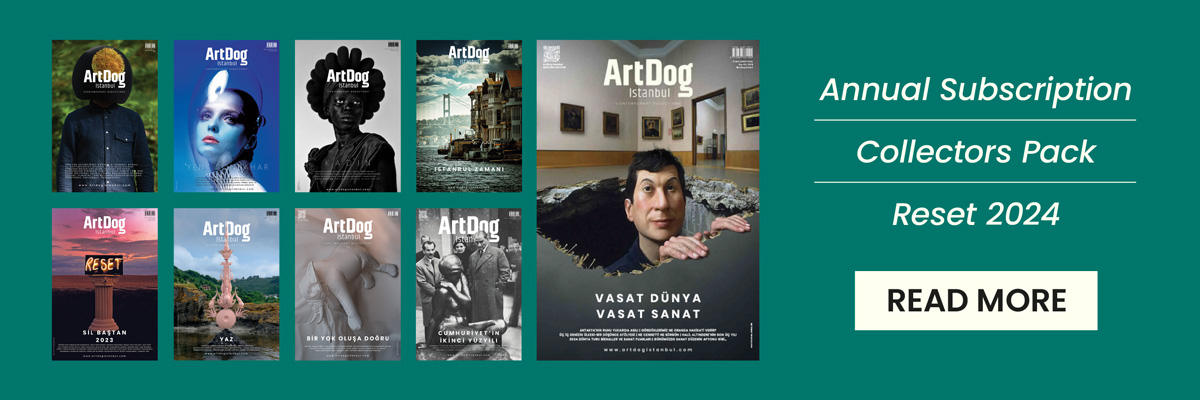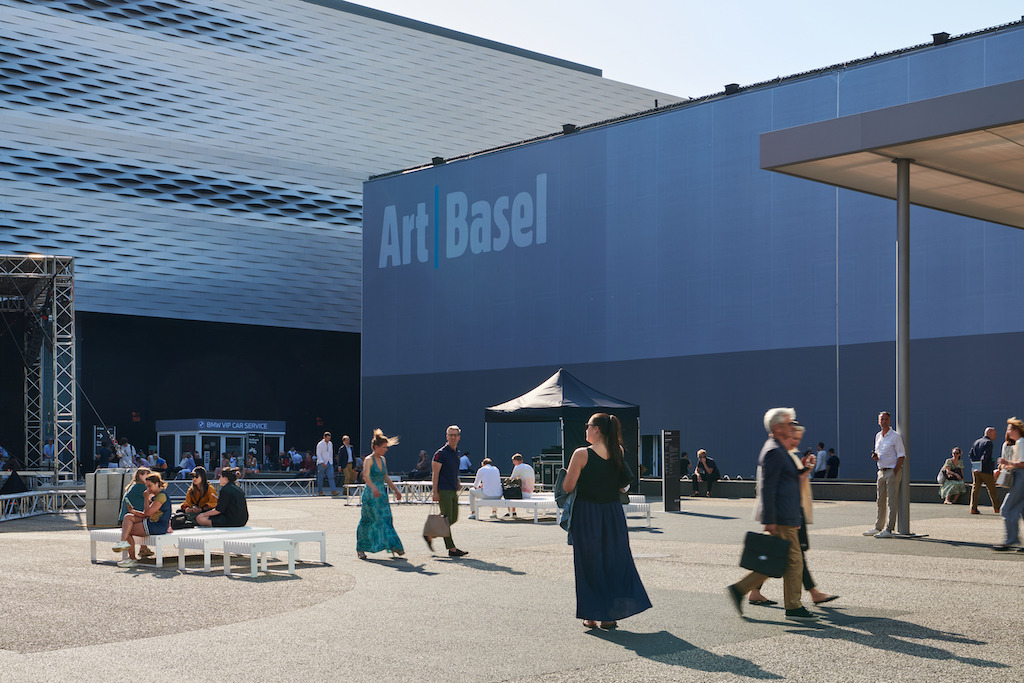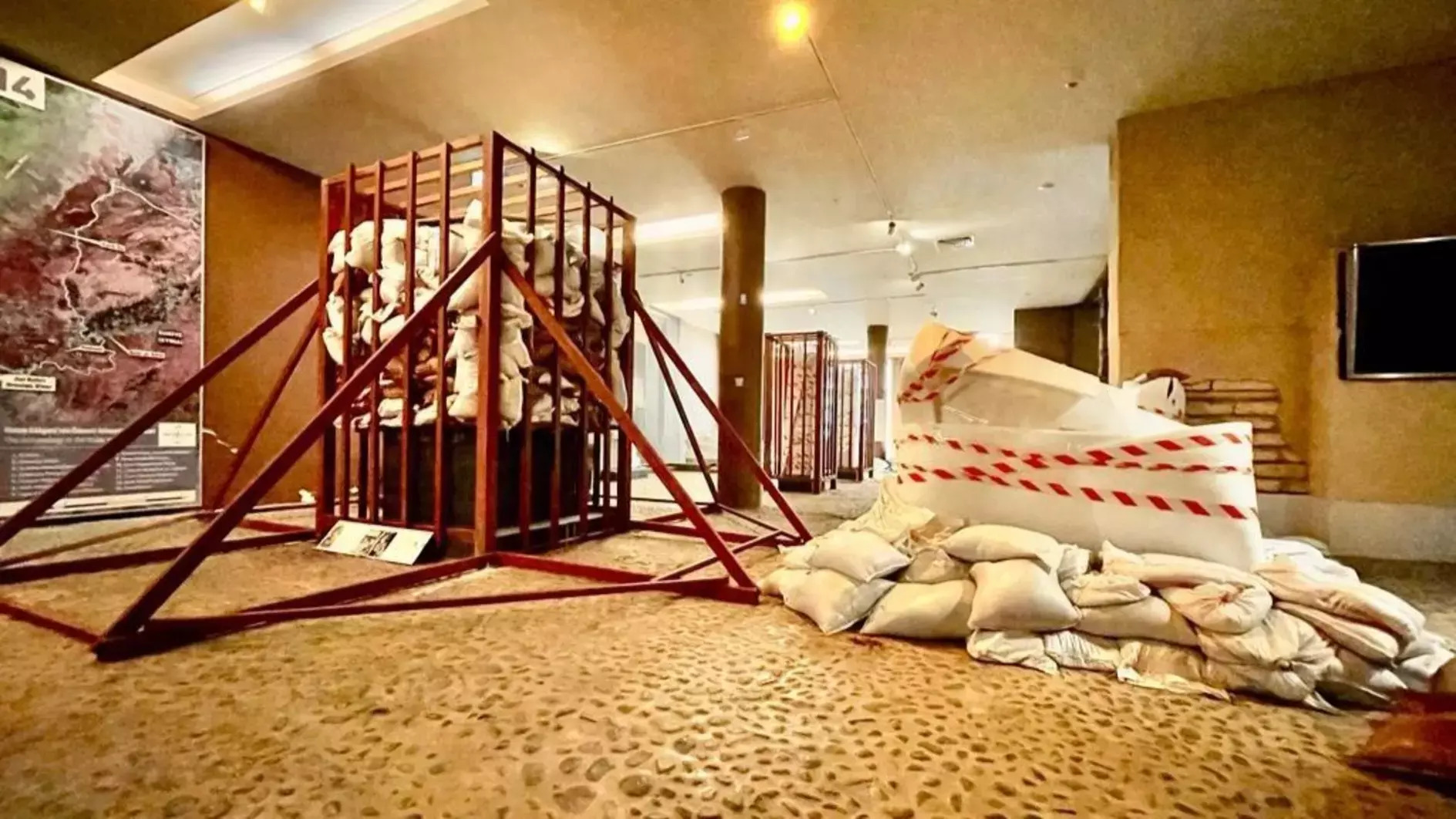A team of student researchers has successfully deciphered Greek writing inside a 2,000-year-old scroll, which was burned during the 79 CE eruption of Mount Vesuvius. This groundbreaking achievement not only promises the revelation of previously illegible text but also opens up new possibilities for the application of artificial intelligence in the field of archaeology.
The scroll originates from the luxurious Roman villa in Herculaneum and is part of a collection of more than 1,800 intact papyri that were transformed into carbonized ash during the eruption. These artifacts, known as the Herculaneum scrolls, were excavated in the 18th century. The deciphered scrolls that have been studied previously shed light on the teachings of the Athenian philosopher Epicurus, who lived from 341 to 270 BCE. They represent the sole surviving library from antiquity, but many of the scrolls are too delicate to be unfurled.
As an alternative, the Vesuvius Challenge carried out high-resolution CT scans of four scrolls and offered one million dollars spread out among multiple prizes to spur research on them.
The trio who won the prize was composed of Youssef Nader, a PhD student in Berlin, Luke Farritor, a student and SpaceX intern from Nebraska, and Julian Schilliger, a Swiss robotics student.
The group used AI to help distinguish ink from papyrus and work out the faint and almost unreadable Greek lettering through pattern recognition.


